PEI
Islander encouraging his neighbours to get their homes tested for radonCBC
Mon, November 20, 2023
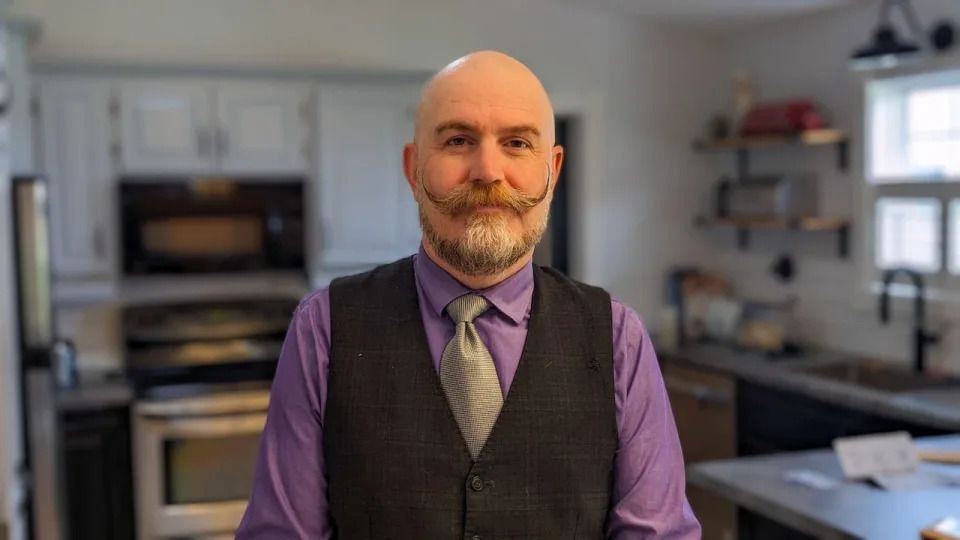
Wade Norquay has personally seen the impact of radon on patients that he works with as a respiratory therapist. (Shane Hennessey/CBC - image credit)
Wade Norquay has personally seen how radon endangers people's lives.
Norquay is a respiratory therapist, and has worked with patients who have been diagnosed with lung cancer linked to exposure to the radioactive gas.
Radon is colourless, odourless and has no taste. The gas is found in the environment, created by the natural breakdown of uranium in soil, rock and water.
Health Canada estimates that about 16 per cent of lung cancer deaths are related to radon exposure in homes.
"A lot of people are really surprised that they got cancer, lung cancer specifically, because they've never smoked, and they haven't lived with someone who smoked, and they don't understand what's going on," Norquay said.
"In a number of these cases, it's because radon has been detected in their house."
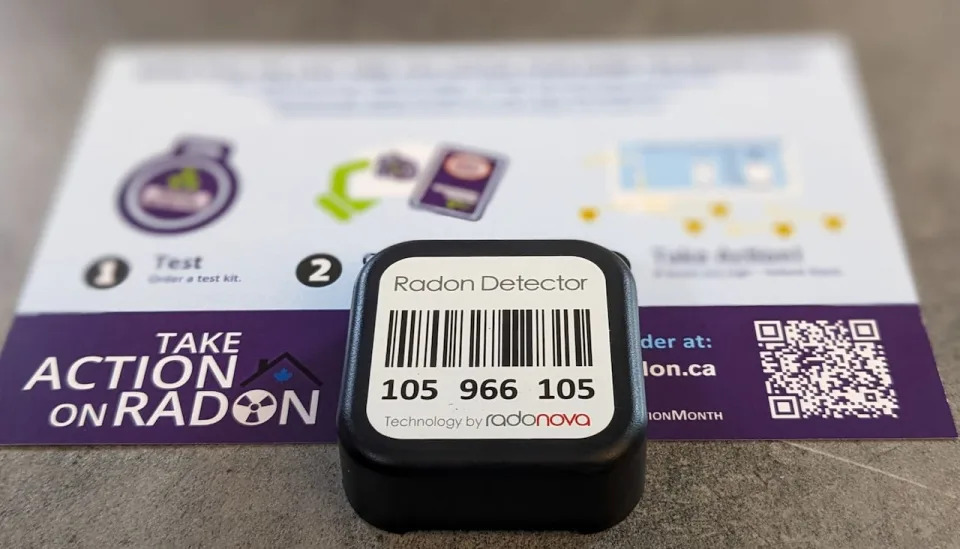
One of the radon detectors about to be used in the 100 Test Kit Challenge on P.E.I. (Shane Hennessey/CBC )
Norquay is now co-ordinating a radon testing program in Mermaid, P.E.I. — where his family lives — as part of the "100 Test Kit Challenge" offered by Take Action on Radon.
"It was created to try to get communities engaged in radon, as well as getting a snapshot nationally about what's happening in individual communities," he said.
"Radon can be very specific and localized, as opposed to generalized in provinces."
Norquay said people use a device that looks like a small, black puck to detect the gas. He said it should be placed somewhere in the lowest part of the house for 100 days if residents spend at least four hours a day there.
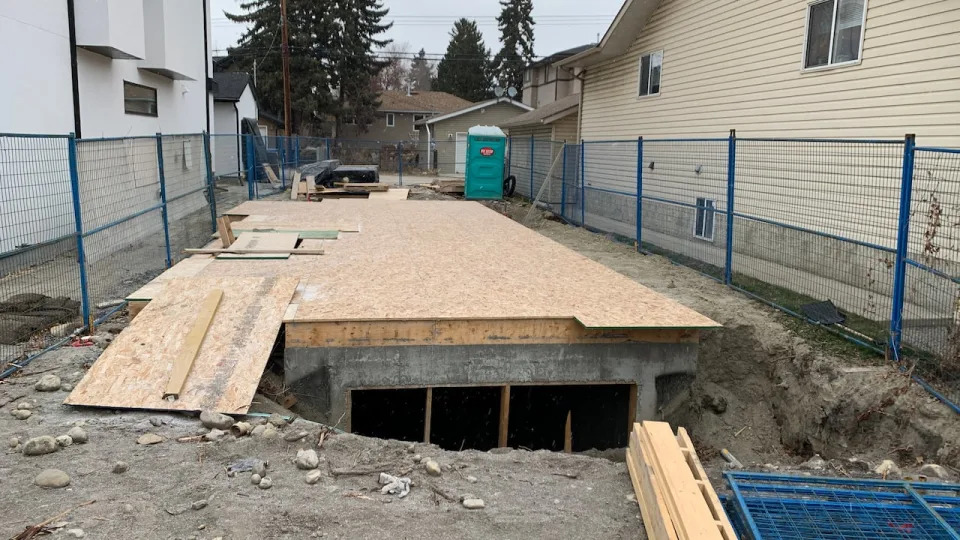
Radon can enter a home through cracks in the foundation. (Axel Tardieu/CBC)
Norquay will collect the detectors and send them to be tested. Then, he will share the results with his neighbours.
He said if a test came back positive for radon, the resident would be given information about abatement — usually some form of venting system.
National challenge
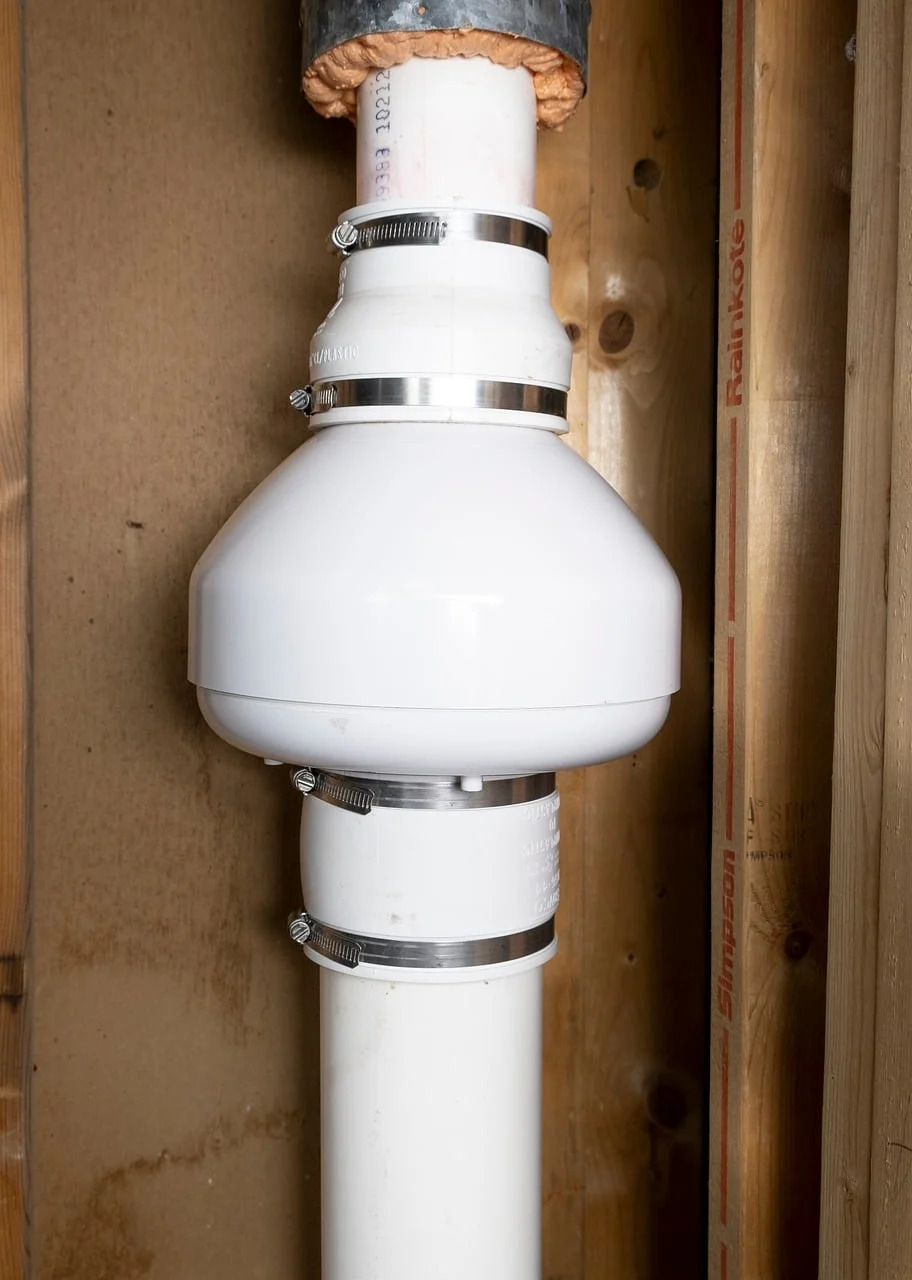
The Canadian Lung Association has a new program offering financial assistance for financial mitigation to people who are in low to moderate income levels or that have been diagnosed with lung cancer. (Take Action on Radon )
Take Action on Radon is funded by Health Canada to raise awareness of radon's health impacts across the country.
Program manager Pam Warkentin said this year marks the first time the 100 Test Kit Challenge is coming to P.E.I.
"This is our sixth year of the program, so we've been able to distribute kits in over 150 communities across Canada from coast to coast," said Warkentin, who is also executive director of the Canadian Association of Radon Scientists and Technologists.
"We're super excited to be able to include Prince Edward Island on our list of provinces."
Warkentin said the challenge provides important information about radon levels across the country.
"We know that the province has been testing their schools. But we really have very little data about residential testing in homes," she said.
"That's why it's really great to be able to partner and provide more tests and create a project like this where we can create a summary result as well."
Getting rid of radon
Warkentin said her group can provide information to homeowners on how to rid their homes of radon if their report comes back above the recommended levels.
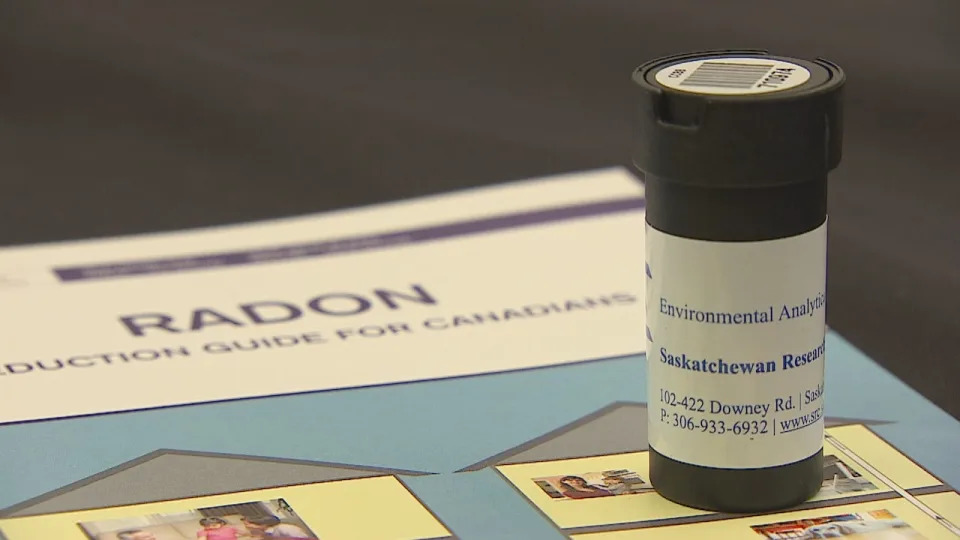
A radon testing kit from the Saskatchewan Lung Association. (Mike Zartler/CBC News )
In some specific circumstances, it can even provide them with up to $1,500 in funding to do that.
"The Canadian Lung Association has a national grant, so it's available for everyone across the country," Warkentin said.
"It is specifically available for people who are in low to moderate income levels or that have been diagnosed with lung cancer."
Warkentin said the test kit challenge is full for the fall of 2023, but taking applications for 2024.
Testing workplaces?
In a statement to CBC News, a spokesperson for the Chief Public Health Office said the CPHO and an Atlantic Radon Working Group member from Health P.E.I., will be meeting with Health Canada later this year to discuss an Island-specific radon action plan.
Warkentin said an awareness campaign is a first step, but that more is needed.
"Workplaces to be tested.... People can test their home, but they really rely on someone else to test their workplace, and they often don't have control over that," she said.
"A province can start by testing their own workplaces and then by providing some guidance for other workplaces."
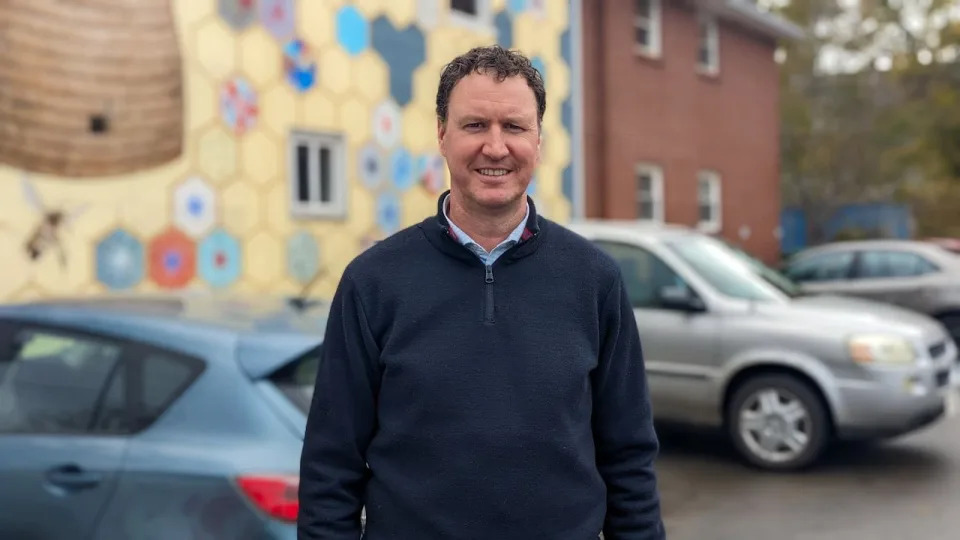
Robert MacDonald, president and CEO of Lung NSPEI, said his organization has also been working to raise awareness of radon in the province.
He said they have provided some MLAs with battery-operated monitors to share with constituents, as well as 40 units that can be borrowed through the public library.
He said his association is also looking at a testing program in daycares, similar to one offered in Nova Scotia.
If we can do anything to prevent it, I think that's super important.
- Wade Norquay
Norquay said lung cancer is a "devastating" disease that's typically diagnosed too late.
He said all he wants is to prevent it.
"Lung cancer is the leading cause of death when it comes to all cancers, both male and female," Norquay said.
"If we can do anything to prevent it, I think that's super important."
No comments:
Post a Comment